Professional septic cleaning that prevents expensive emergencies and protects your North Babylon home.
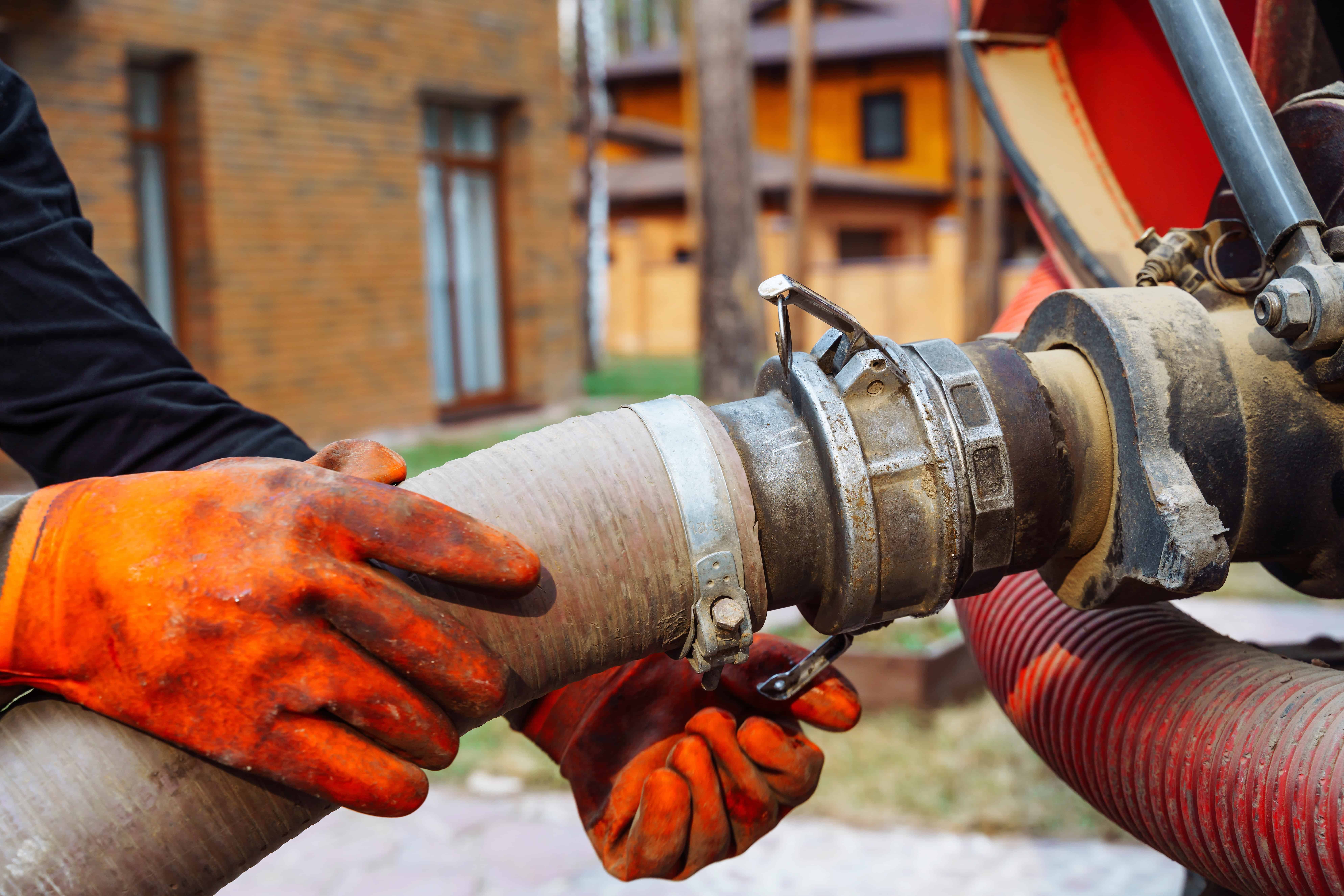
Hear from Our Customers
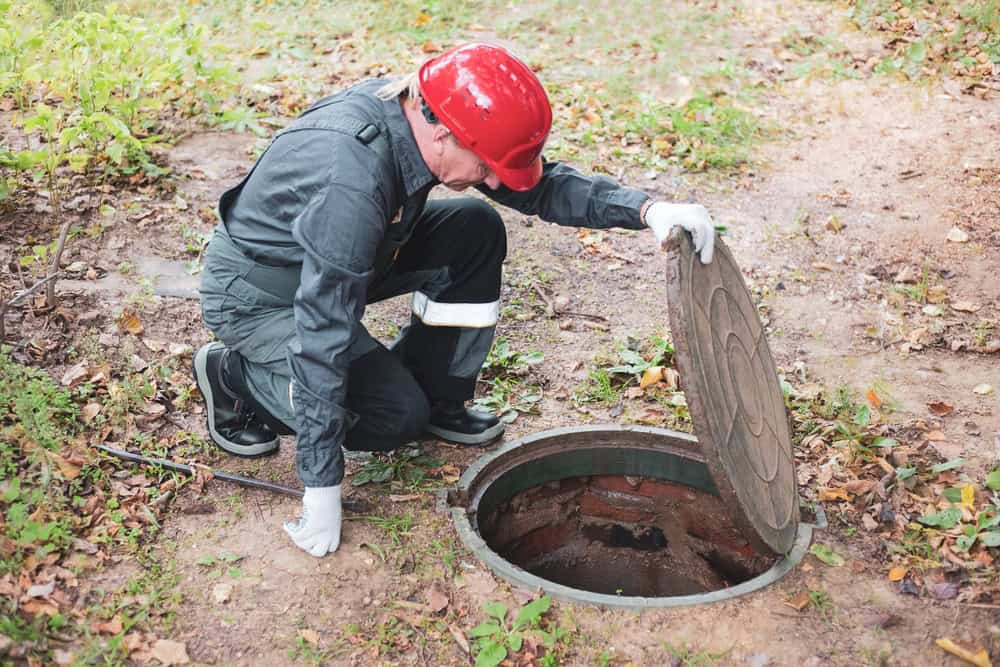
Your septic system works hard every day, and like any hardworking system, it needs regular maintenance to keep performing. When you stay on top of septic tank cleaning, you’re not just checking a box—you’re preventing the kind of problems that can turn your weekend into a nightmare.
Regular cleaning removes the accumulated sludge and scum that naturally build up over time. Without this buildup, your system drains properly, your toilets flush normally, and your yard stays free of those telltale wet spots and odors that signal trouble.
Most importantly, you avoid the emergency calls that happen at the worst possible times. No sewage backing up into your basement during a family gathering. No expensive repairs when your system finally gives up from neglect.
Quality Cesspool has been handling septic and cesspool cleaning throughout Long Island for years. We understand how North Babylon’s soil conditions affect septic systems and what it takes to keep them working properly.
Every technician on our team is trained to handle the specific challenges that come with Long Island’s older housing stock and varying soil types. We arrive with professional equipment, handle the job efficiently, and dispose of waste properly at licensed facilities.
We built our reputation by showing up when promised, doing the work right, and charging fair prices. No surprise fees, no unnecessary upsells—just straightforward septic cleaning that keeps your system healthy.
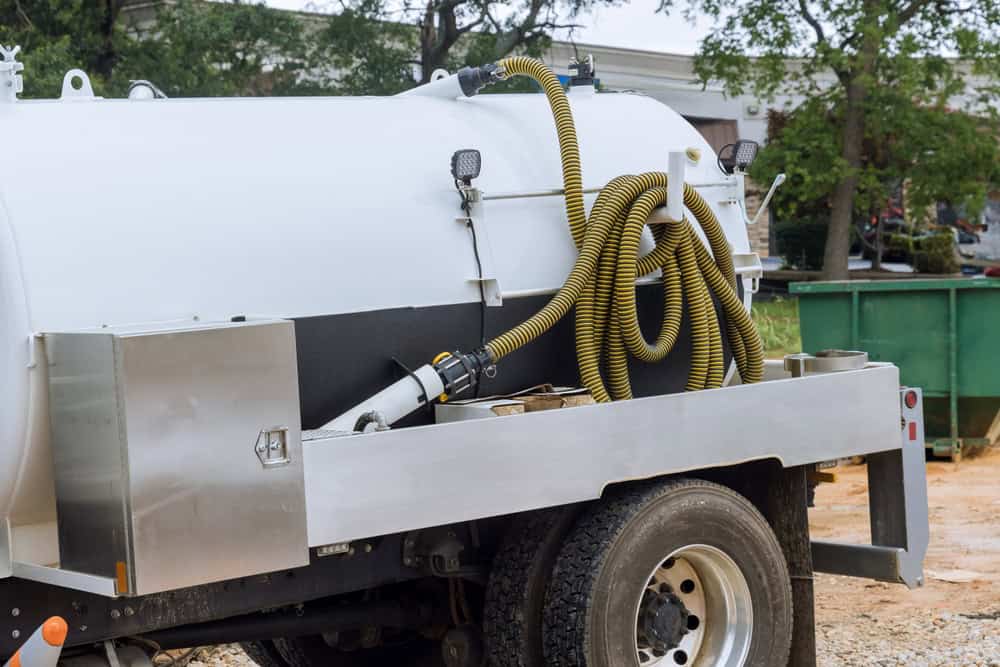
The process starts with locating and uncovering your septic tank access ports. Our technician inspects the tank to assess sludge and scum levels, checking whether cleaning is actually needed or if you can wait longer.
If cleaning is necessary, we use professional vacuum equipment to remove accumulated solids and liquids from the tank. We pump out the contents completely, which allows us to inspect the tank’s condition and identify any potential issues before they become expensive problems.
After pumping, we check the inlet and outlet baffles, measure sludge levels, and note the tank’s overall condition. All waste gets transported to a licensed treatment facility for proper disposal. The access ports are securely covered, and your property is left clean.
The entire process typically takes 30-60 minutes, depending on tank size and access. You’ll receive documentation of the service and recommendations for future maintenance timing based on your household size and usage patterns.
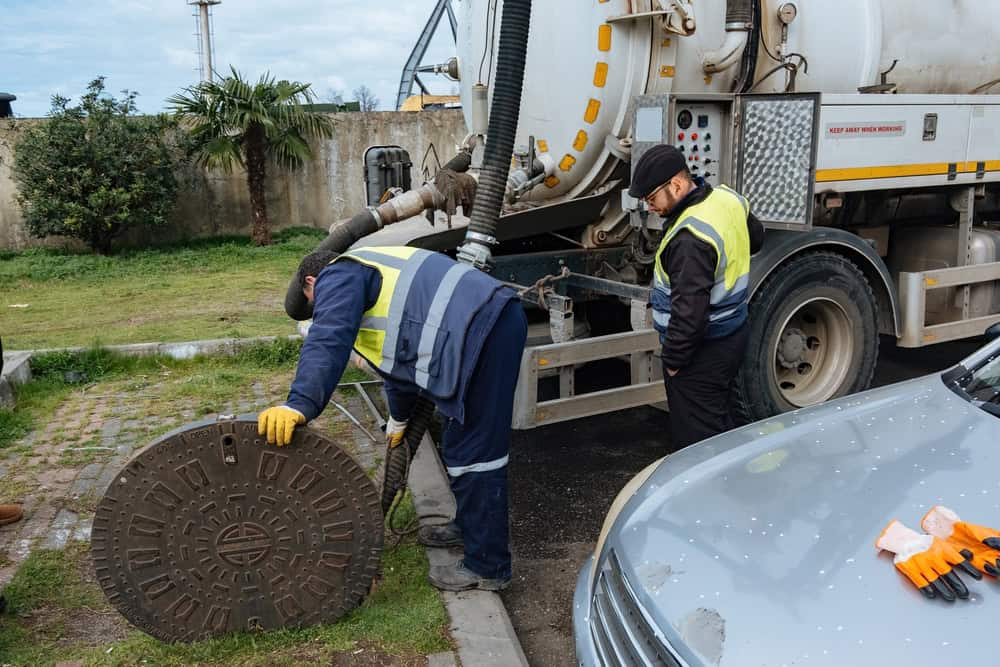
Ready to get started?
Professional septic tank cleaning involves more than just pumping out the tank. Quality Cesspool provides complete service that includes tank inspection, proper waste removal, and condition assessment to catch potential problems early.
Our service includes locating your tank if access points aren’t visible, complete pumping of liquids and solids, and inspection of key components like baffles and inlet/outlet pipes. Any issues discovered during cleaning get documented and explained clearly.
North Babylon’s clay soil and older septic systems require experienced handling. We understand local conditions and provide realistic timelines for future service based on your specific system and household usage. All waste disposal follows environmental regulations, and service documentation helps you maintain proper records for your property.
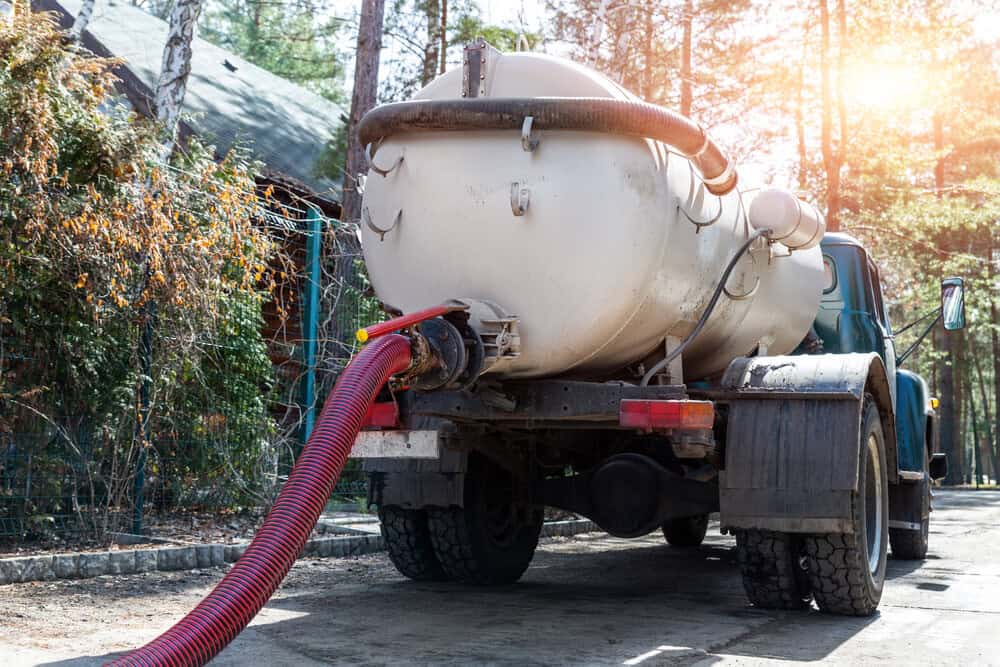
Don’t let cesspool issues disrupt your day. Reach out now for a free estimate and expert service.
©2025 Quality Cesspool All Rights Reserved. SEO Company NYC – Web Design & SEO by Hozio